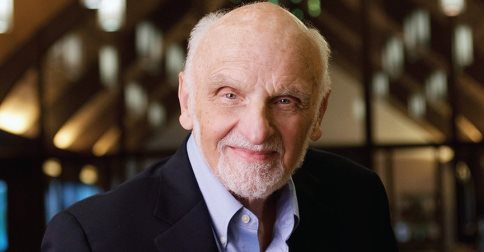I still need you, Jesus.
That’s something I find myself saying several times throughout each morning, afternoon, and evening. These simple breath-prayers are not merely cognitively acknowledging my place in creation as one who is finite, dependent, and completely “prone to wander.” They’re a confession. I simply can’t do it on my own. I can’t lead myself. As much as I’d like to think I can, I just can’t. Sure, I’m very disciplined, motivated, and can see through tasks to completion. However, I don’t always know what is best, and even when I do, that doesn’t mean I’ll choose the best. I’m familiar with the ups and downs of sanctification. It’s beautiful and exhausting. At 38 years of age, I’m growing increasingly interested in that whole glorification thing Paul was on about.
I’m an imperfect husband. I sometimes put myself first. As a dad, every night after putting the babies to bed (I still call them my babies even though they are 7 and 9 years old!), I wonder if I could’ve said something different to them throughout the day, asked a better question, been more creative, and given one more encouraging word. As a pastor, I get a front row seat to some of the greatest highs and greatest lows within a day, sometimes within an hour.
Jesus said, “Apart from me, you can do nothing” (John 15:5). It’s true. Apart from him, I can’t resist temptation to sin. Apart from him, I can’t serve my neighbor with a pure heart. Apart from him, I can’t even love myself rightly. That statement by Jesus can feel so crushing. And in fact, it is.
But that’s not all he said. Jesus isn’t one to dangle a carrot on a string. He’s invited us to a feast a the table! Just before he shows us our need, he summons us to "abide in him” (John 15:4). When Jesus tells us to abide in him he’s essentially inviting us into a space of holy familiarity. He’s saying, "I want you as comfortable with me as you are in your living room, in your sweats, lounging on the couch with no phone to distract you, no clock to hurry you, and with nowhere else to be. In my presence, I want you to be you and me to be me so that we can be us.”
Perhaps you’re feeling quite needy today? Maybe a simple breath-prayer confessing your need of him would be a great place to start.
A pastor-theologian that I’ve come to really admire published this in an essay last year and it strikes at the core of our neediness. Dr. Heistand writes:
““Yet there is limit to how this power can be transferred. Christ does not transfer his power to the church in a way that makes the church independent of and no longer in need of Christ–as though Jesus were able to give away his power to the church like a rich person gives away money to a poor person, who now being in possession of wealth, is no longer in need of the rich person. Rather Christ’s empowerment of the church comes in the form of his Spirit, which is his own presence. In this way, Christ shares his power only insofar as the church dwells in relation to and lives in dependence upon Christ. The church’s strength is always borrowed; we never become a divine person, eternal and uncreated.””








![john-stott1[1].jpg](https://images.squarespace-cdn.com/content/v1/5388d774e4b0e48f6cf8ee80/1538146611332-OTS5U06QB0ZMJ575NTWR/john-stott1%5B1%5D.jpg)










